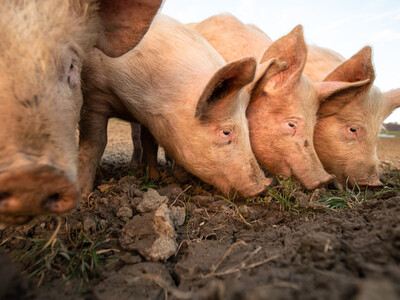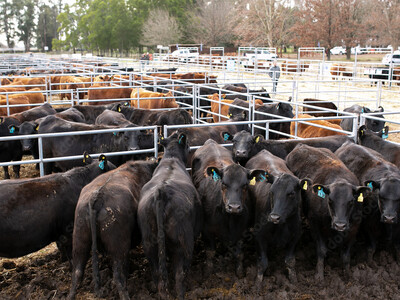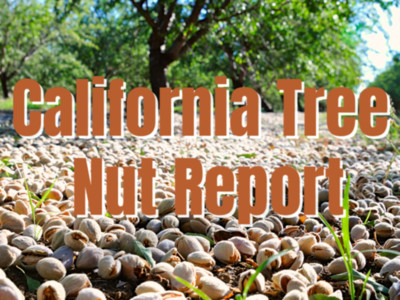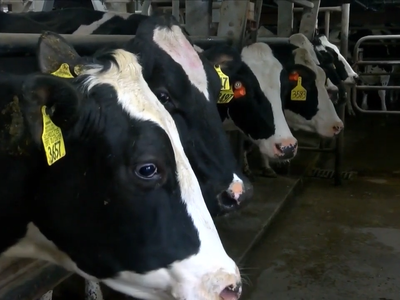Ethanol's Role in Climate Smart Agriculture

Lorrie Boyer
Reporter
“There's a lot of emphases both internationally and domestically. On how do we reduce carbon pollution? How do we tackle greenhouse gas emissions, and using more ethanol displacing petroleum based gasoline is one of the best ways to quickly do that at a low cost way.”
He wants to be sure that ethanol is recognized for its positive carbon score, not only in the 2023 Farm Bill but in future energy policy discussions.
“When the carbon footprint is determined by government agencies in comparing ethanol to oil or gasoline, for example, that those farm-level practices that have a dramatically positive effect on reducing greenhouse gas emissions, think about the nitrous oxide emissions that are reduced when you more efficiently use nitrogen fertilizer. When you go to convention or excuse me, reduced tillage or no-till compared to a conventional tillage system. You're storing carbon in your soil, you're not only improving the health and quality of that soil, you're storing carbon in that soil. So that helps bring down the carbon intensity. We want to make sure the Farm Bill rewards farmers for these kinds of activities.
Brian Jennings, chief executive officer of the American Coalition for Ethanol
















